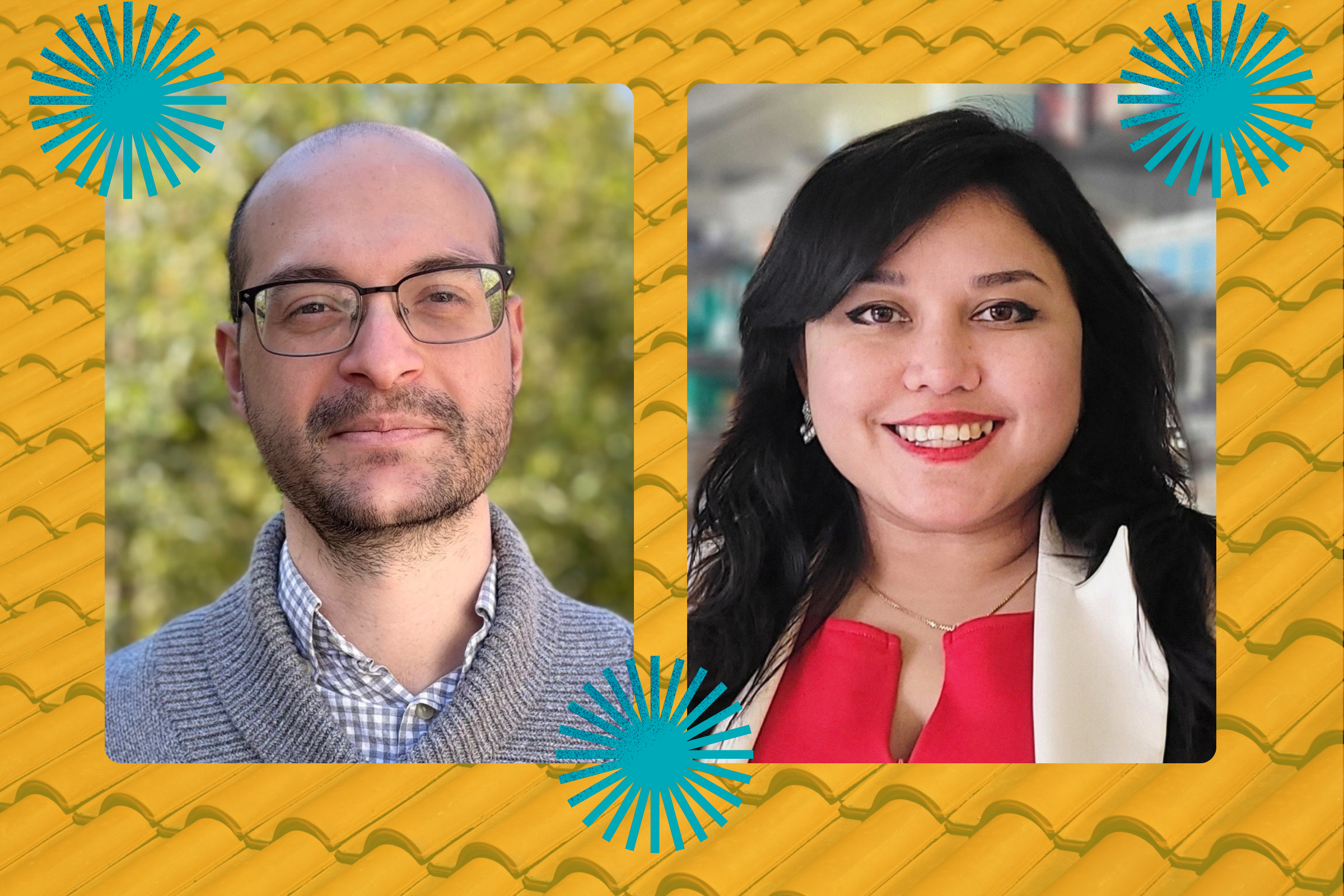Three Natural Sciences Faculty Receive NSF CAREER Awards
UT Austin assistant professors in the Department of Computer Science and Department of Chemistry have been selected for NSF CAREER awards.

Three faculty members from the College of Natural Sciences have received distinguished Faculty Early Career Development (CAREER) Awards from the National Science Foundation.
Qixing Huang and Joydeep Biswas, assistant professors in the Department of Computer Science, and Zak Page, assistant professor in the Department of Chemistry, were selected for NSF CAREER awards.
The CAREER award, which comes with a federal grant for research and education activities, recognizes junior faculty for their potential to serve as academic role models in research and education and to lead advances in the mission of their department or organization.
Qixing Huang research spans computer vision, computer graphics and machine learning. His recent focus is on developing machine learning algorithms that leverage Big Data to solve core problems in computer vision, computer graphics and computational biology.
Huang will use the CAREER award to characterize the uncertainties of 3D sensors used to reconstruct, analyze and model 3D geometries. These sensors are common in our every-day lives (for example, orthodontists often take a 3D tooth scan rather than dental impressions). Huang's research will focus on studying sensors within three industries — digital dental care, autonomous driving and digital archaeology.
Joydeep Biswas, who joined the College of Natural Sciences in 2019 after working four years as an assistant professor at the University of Massachusetts Amherst, primarily focuses on machine learning and robotics, including perception, planning and control applied to autonomous mobile robots.
Biswas will use the CAREER award to create mobile service robots capable of operating in real-world human environments over extended periods of time. Current approaches in robot perception are limited in reasoning about the changes that occur over time; when these robots are deployed in new, unforeseen environments, they often experience perception failures. Biswas hopes to develop robust algorithms and models to allow service robots to autonomously function in dynamic human environments over the long term.
Page, the chemist, will use the CAREER award to prepare soft and resilient polymers that mimic natural tissue — like skin, heart or lung — while additionally providing electrical conductivity to facilitate communication between modern electronic devices and biological systems. As part of the project, the team will develop a first-year undergraduate polymer research course at UT Austin, along with a hands-on polymer activity for students at local middle and high schools in East Austin.
The three NSF CAREER recipients collectively will receive $1.7 million over five years to support their research.
UPDATE (March 10, 2022): Two more faculty members received NSF CAREER Awards in 2021: David Wu, assistant professor of computer science, and Anna Tenerani, assistant professor of physics. Wu's research focuses on cryptography and computer security. Tenerani studies the waves and particles emitted by our sun and how they interact and evolve out into space. Their work is highlighted in a subsequent post for 2022's awardees.



